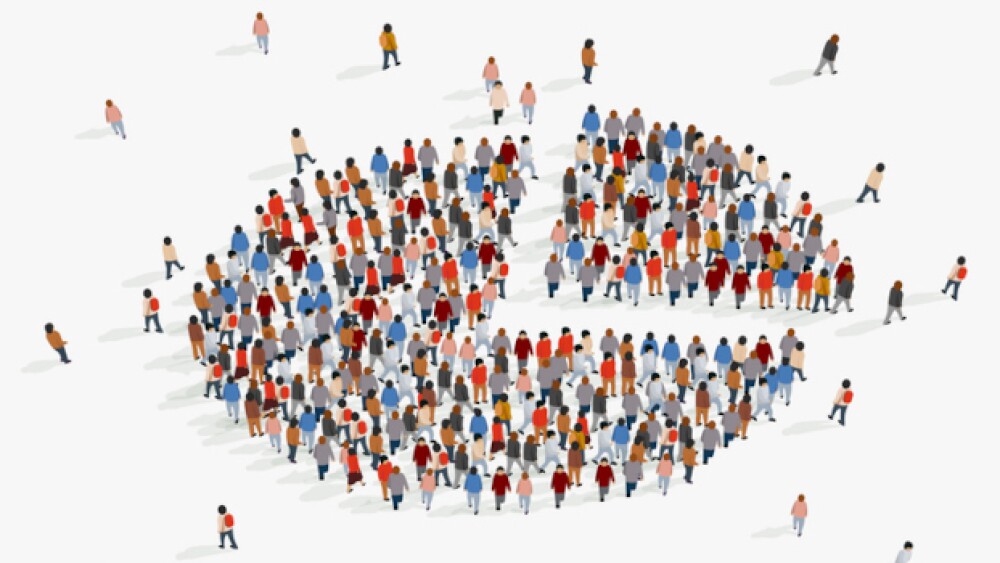Patient assistance programs may actually be a two-way street, providing patients with drugs and companies with data.
Early last month, Kite Pharma, a subsidiary of Gilead Sciences, reported the results of an analysis that pooled data from clinical trials on the lymphoma drug Yescarta and patient data scraped from the patient support site Kite Konnect. The analysis found that the CAR T cell therapy was more effective as a second line of treatment than as a third-line treatment for relapsed/refractory large B cell lymphoma.
Kite’s use of data from a patient support program highlights the potential use of these programs as a source of real-world evidence about a product—but just how common this practice is remains unclear. Drugmakers contacted by BioSpace, including Eli Lilly, Biogen, Kite Pharma and GSK, declined to discuss whether they collect patient outcome data as part of patient assistance programs and if so, how it is used.
Genevieve Kanter, an associate professor of public policy at the University of Southern California (USC) Price School of Public Policy, says it’s likely that companies do collect data from patient assistance programs. “It would not be surprising to me if companies use information about, say, adverse events that came up about survival, about characteristics of the patients, that then help them inform the design and recruitment of a different trial.”
Potential Benefits, Limitations of Patient Assistance Programs
Yescarta is an approved drug, and the support site gathers data on patients receiving the therapy as prescribed treatments. Free drug programs that help patients access treatments they cannot afford and compassionate use programs that supply therapies not yet approved or which have been withdrawn from the market are another potential source of such real-world evidence, experts say.
When Amylyx announced the withdrawal of its amyotrophic lateral sclerosis (ALS) drug Relyvrio (AMX0035) from the market in April following its failure to meet the primary endpoint in the Phase III PHOENIX trial, the company also announced that patients already using the product could stay on it if they wish. Amylyx Co-CEOs Josh Cohen and Justin Klee told BioSpace in an email that this decision was not for research purposes, adding that the company is not collecting any data outside the statutory adverse event reports prescribing physicians are required to submit to the FDA.
Erela Dana, director of neurology at GlobalData therapy analysis team, noted that this program will come in handy in collecting real world evidence on the safety profile of AMX0035, which remains Amylyx’s lead product.
“It might be a nice side benefit that by allowing the free drug program to continue, there is a longer duration of usage in the real world,” Dana told BioSpace. “The longer a product is used in the real world outside of a clinical trial setting, the more safety data will be available to both physicians and the company itself.”
Amylyx is developing AMX0035 in three indications: Wolfram syndrome, progressive supranuclear palsy and Alzheimer’s disease. “If approval in these additional indications could be realized . . . an established safety profile for the product and physician familiarity will be key drivers for commercial success,” Dana said—both aims that may be furthered by AMX0035’s continued use for ALS.
Patient assistance programs do have their limits, however, noted Allison Bateman-House, an ethicist at New York University School of Medicine. While there is nothing wrong with allowing safety information from these programs to inform research design and development, it cannot substitute for clinical trials, said Bateman-House, who co-founded NYU’s Working Group on Compassionate Use and Preapproval Access, which formulates policy proposals to deal with ethical issues regarding compassionate use programs.
“When we do a clinical trial . . . we’re setting up all these artificial barriers to try to make sure we’re not fooling ourselves,” Bateman-House said. “We don’t do any of that in real world data. Whatever we find is whatever we find.”
She added that drug companies cannot build their drug’s efficacy profile from real world data. “I think [real-world data is] a great source of information for safety. I don’t think it’s a good source of information for efficacy. But I do think it’s a great source of information to start generating ideas for another trial.”






